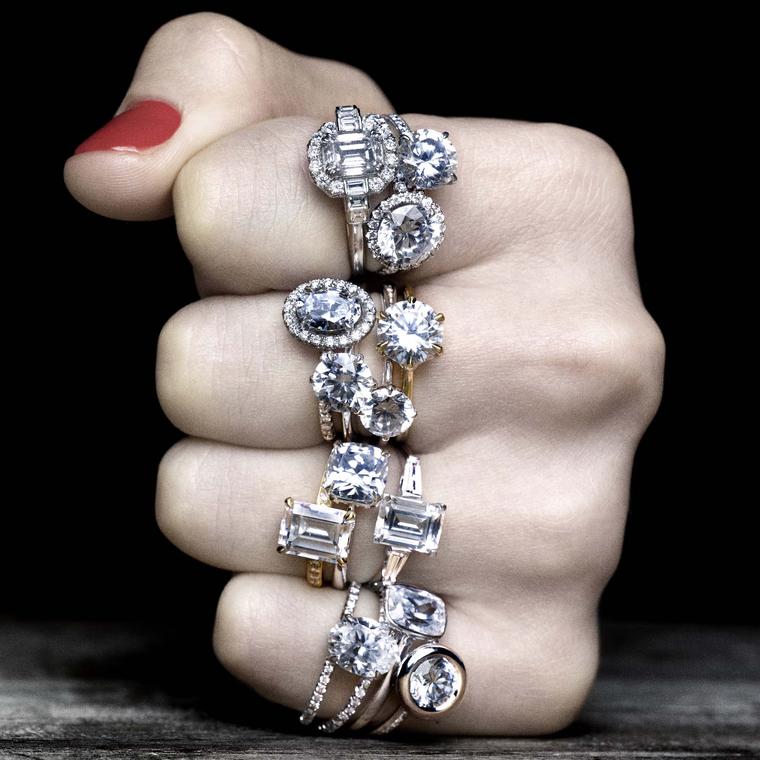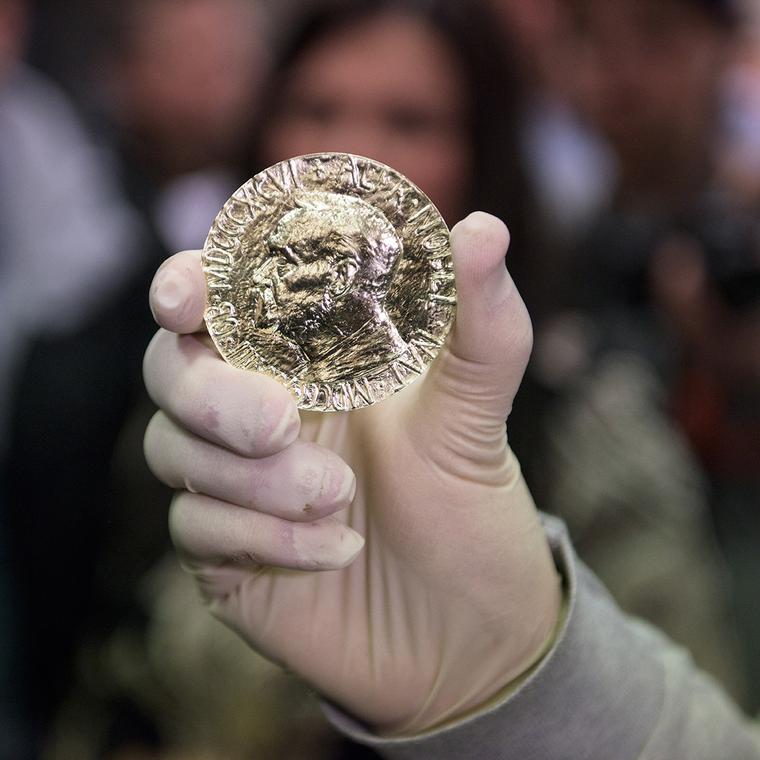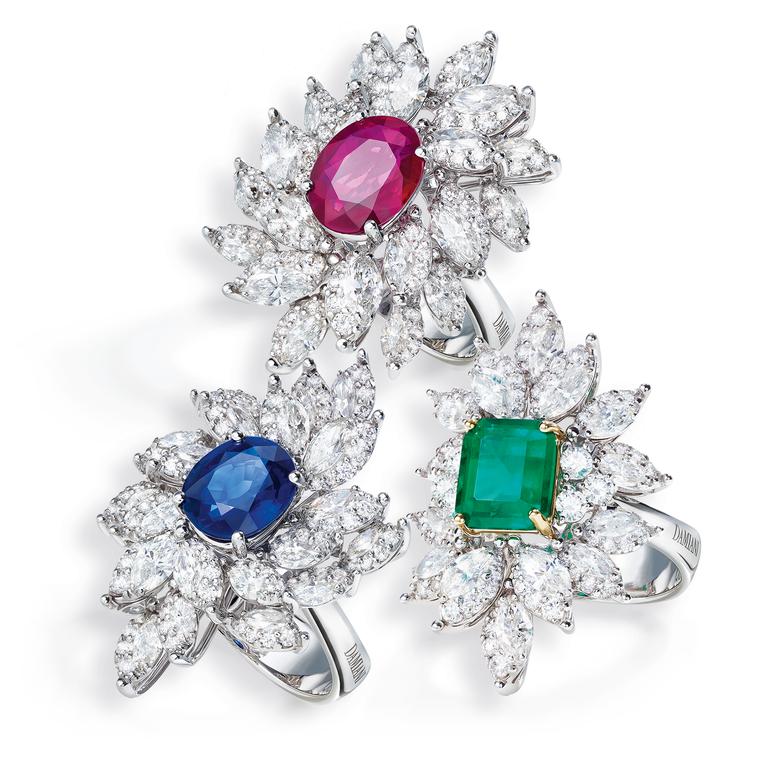Transcript
|Sustainability is a word we're hearing more often in the watch and jewellery industry, as brands are trying to become more transparent about the origins of their gold, gemstones and pearls, so I've spoken to four brands here at Baselworld, who are making great steps forward in putting sustainability at the forefront of their business.
Chopard was the first to use fairmined gold both on the red carpet and off, and in 2014 it made the Cannes Palme D'or trophy, raising the awareness of sustainability to a global audience.
Raffaella Rossiello (International Communications Director - Chopard): "We can't change the world completely but we can try to give the example. That's what we want to achieve. That the whole industry could see us as a leader, in this specific field, and follow us, follow our example".
A gemstone's journey begins deep in the earth, and I have spoken to two mining companies who are putting ethics at the core of their business. Colombian emeralds are amongst the most prized gemstones, and the famous Muzo mine launched at Baselworld this year, under new American ownership.
Jason Woods (Head of Marketing, Muzo Emerald): "It's really important to Muzo to be to have their complete ecosystem intact, and so we set out a model that is both responsibly sourced and sustainable."
The new management is determined to be known not just for its vibrant green emeralds, but also for operating a modern mine in Colombia, where the workers are paid a fair wage, and each gem can be tracked and documented from origin to customer.
Jason Woods: "We are the only emerald company in the world that can offer a certificate like this. This is an internal certificate that tells you where the stone was found, it will tell you the mine, the actual tunnel or shaft it was found in, the date, how many carats it is, and it does meet all the ethical standards that we set ourselves, and the industry is setting."
Gemfields has established itself as the world's largest coloured gemstone producer, and is committed to making transparent every step of the gemstones life from extraction to final cut.
Sean Gilbertson (Executive Director, Gemfields): "Well I think, without a shadow of a doubt, that Gemfields is being the pioneer in bringing about a whole new level of transparency, and professionalism to the coloured gemstone business.
"Prior to the system that we've implemented, rough made its way into the market fifty or sixty different ways you never really know exactly who extracted it from the ground, and indeed how it got to market.
"So at Gemfields, we mine each and every single one of the gemstones ourselves, we then grade and sort them we clean them very carefully, and we take them to auction, and we certificate to each one of our customers that we, as Gemfields physically mined those gemstones."
In a world where the supply chain is often murky and convoluted, this mine to market traceability is something to be celebrated. Sister company Fabergé uses a Gemfield Zambian emerald in its new watch.
If you are looking for the most naturally sustainable gems, look no further than the pearl.
Rosario Autore (Founder of Autore): "The pearl industry, it can only survive in a pristine environment South Sea pearl oyster, is really the barometer of our environment is performing.
"It is important for us to maintain to keep and maintain all this environment, at its current level of pristine condition. Its early days yet, and we are still a long way off from having a 100% sustainable, ethical and transparent watch and jewellery industry, but the more brands that embrace this, the closer we will be to having an industry we can all be really proud of.”







